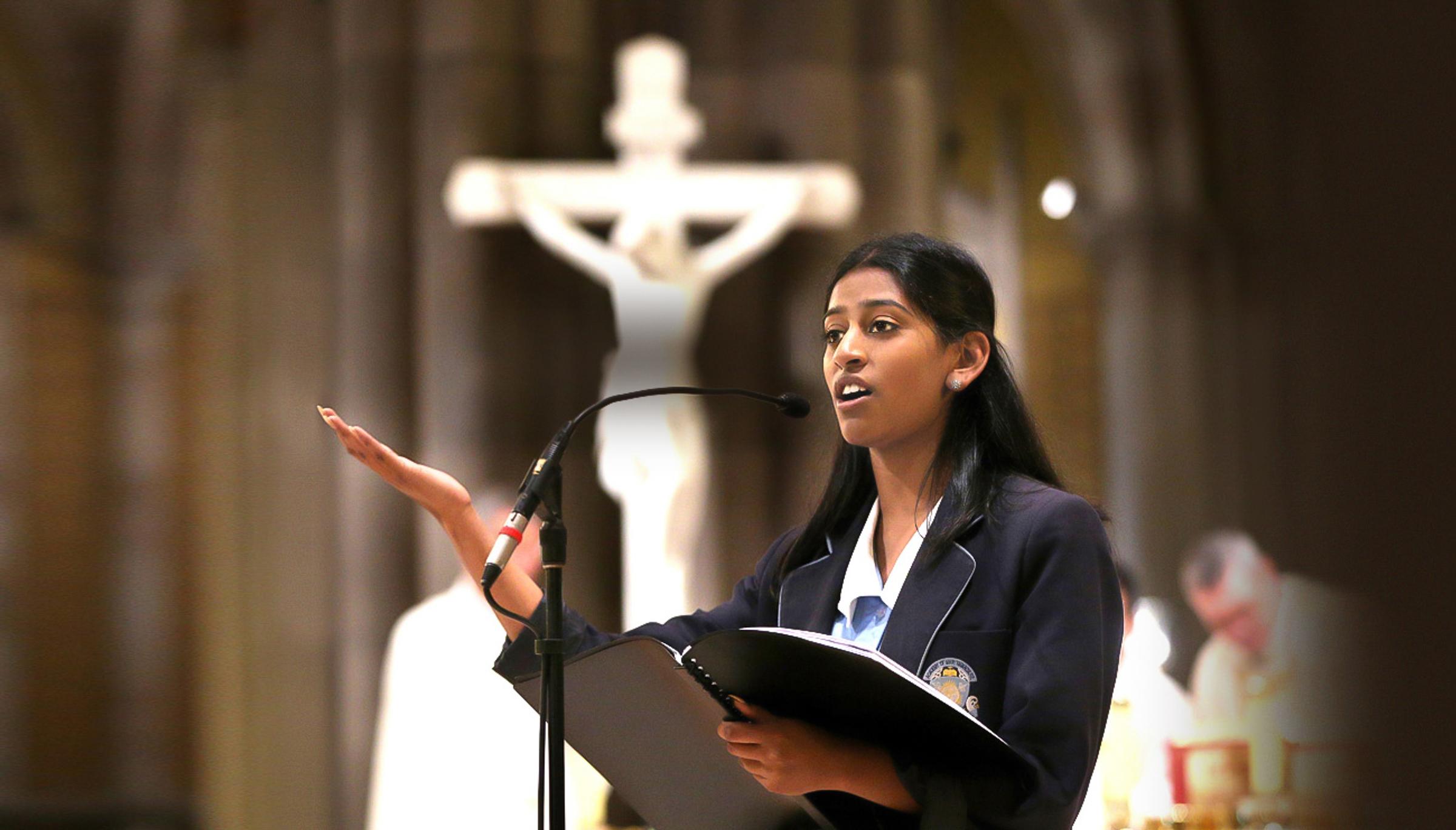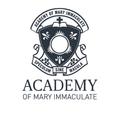Faith & Mission

Reflection: Voice Referendum
On 29 November 1986 Pope John Paul II addressed Aboriginal and Torres Strait Islander Peoples in Alice Springs. He said
You are part of Australia and Australia is part of you. And the Church herself in Australia will not be fully the Church that Jesus wants her to be until you have made your contribution to her life and until that contribution has been joyfully received by others.
In 2017, the Uluru statement from the heart expressed a similar idea of reconciliation with these words.
In 1967 we were counted, in 2017 we seek to be heard. We leave base camp and start our trek across this vast country. We invite you to walk with us in a movement of the Australian people for a better future.
This year the ‘Voice Referendum’ will give Australians an opportunity to formalise one step in this journey for a better future for all.
The mechanism for the Voice is described in these three key points.
In recognition of Aboriginal and Torres Strait Islander peoples as the First Peoples of Australia:
- There shall be a body, to be called the Aboriginal and Torres Strait Islander Voice;
- The Aboriginal and Torres Strait Islander Voice may make representations to the Parliament and the Executive Government of the Commonwealth on matters relating to Aboriginal and Torres Strait Islander peoples;
- The Parliament shall, subject to this Constitution, have power to make laws with respect to matters relating to the Aboriginal and Torres Strait Islander Voice, including its composition, functions, powers and procedures.
It is unfortunate that community discussion on the Voice has been politicised. In the place of dialogue and encounter, we are hearing simplistic slogans such as ‘the Canberra voice’ or ‘the racialized constitution’. We have seen politicians seek to highlight desperate situations of violence and abuse in the Alice Springs community with seemingly no other purpose than to try and score political points in a referendum campaign.
In a manner that reminds me of teenagers berating their parents that ‘they never listen’, opponents of the voice from both the left and the right seem to argue that unless governing powers accept any advice whole-heartedly they will not have listened.
It may be that as, a community, we no longer value the process of dialogue and encounter in the decision making processes that affect us. Surely, in our families, in our workplaces, in our community decision making forums, listening and attending to the multiple perspectives that surround issues will provide for better outcomes.
Another criticism of the Voice is that it will clog the processes of executive government. This criticism seems to hold out no possibility that, to paraphrase Pope John Paul, aboriginal communities will make valued contributions or that government ministers and the public service will be able to joyfully receive such contributions.
On the contrary, I contend that time spent by the Executive in dialogue and encounter with an aboriginal voice provides a strong chance of better and more efficient implementation of government policy with respect to first nations communities.
I have another image of teenagers complaining about the ‘unfairness’ that they say occurs when a sister or a brother receives something that they didn’t. Any parent will readily recognise that there are situations when the particular needs or circumstances of one child mean that ‘fairness’ cannot be defined as ‘every child receiving exactly the same treatment’.
The Australian Constitution already contains what are known as ‘race powers’ through Section 51 (26). Fr Frank Brennan has written that the controversial ‘Commonwealth Laws dealing with the issues of the Hindmarsh Bridge and the Northern Territory intervention were made pursuant to Section 51 (26) of the Constitution.’
When considering the history of dispossession and maltreatment it is easy to recognise that ‘fairness’ does not mean every community receiving exactly the same treatment.
The Uluru Statement from the heart put it this way.
Proportionally, we are the most incarcerated people on the planet. We are not an innately criminal people. Our children are aliened from their families at unprecedented rates. This cannot be because we have no love for them. And our youth languish in detention in obscene numbers. They should be our hope for the future. These dimensions of our crisis tell plainly the structural nature of our problem. This is the torment of our powerlessness. We seek constitutional reforms to empower our people and take a rightful place in our own country. When we have power over our destiny our children will flourish. They will walk in two worlds and their culture will be a gift to their country.
I finish this reflection by stressing that my purpose in writing it is not to join in the political debate that will surround the referendum. What I would want to see, is that all Australians heed the words of Pope John Paul II and the invitation of the Uluru Statement to walk in a movement for a better future. How wonderful would it be if the Australian community took the opportunity of this referendum to dialogue and debate the best ways to move our nation towards a genuine process of reconciliation. In the words of Pope John Paul, towards an Australia that Jesus wants.
Tuesday Morning Masses
Of late, the Year 8 classes have been preparing our Tuesday morning masses. On June 6, it was Year 8 Blue who focused on the theme of kindness. On June 13, it will be the turn of Year 8 Green and Silver with Year 8 Red’s class mass happening early in Term 3. All parents are welcome to join us in the College Chapel at 8.10am.
Yr 10 Community Action Reflection Day
Recently the Year 10 students gathered at the Holy Cross Centre in Templestowe for a day of preparation for their Community Action. This is an essential process to the overall success of the Community Action week. The students explored the basic questions about the purpose and place of voluntary work. They shared their fears and uncertainties as to what they might encounter when they go to an aged care facility, or a special development school or work with the homeless and disadvantaged. They learned simple strategies for coping. They got a sense of what to look out for in order to get the most benefit from their placement.
Thanks are due to Ms Allan for the great work that she did in gathering the speakers for the workshops and the amazing work that she is doing to meet the many administrative tasks of this Community Action week.
Mr Mark Hyland
Director of Faith and Mission
